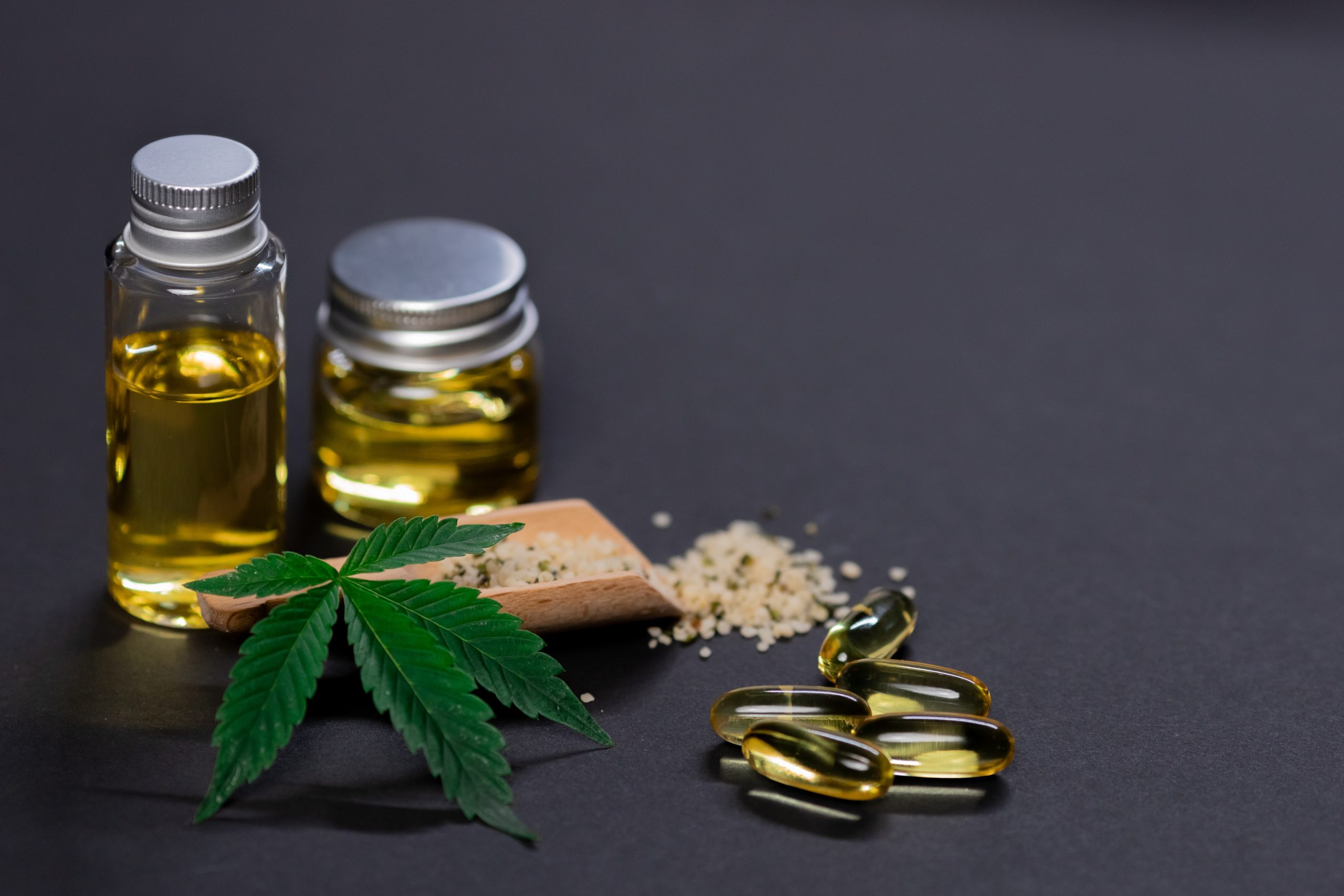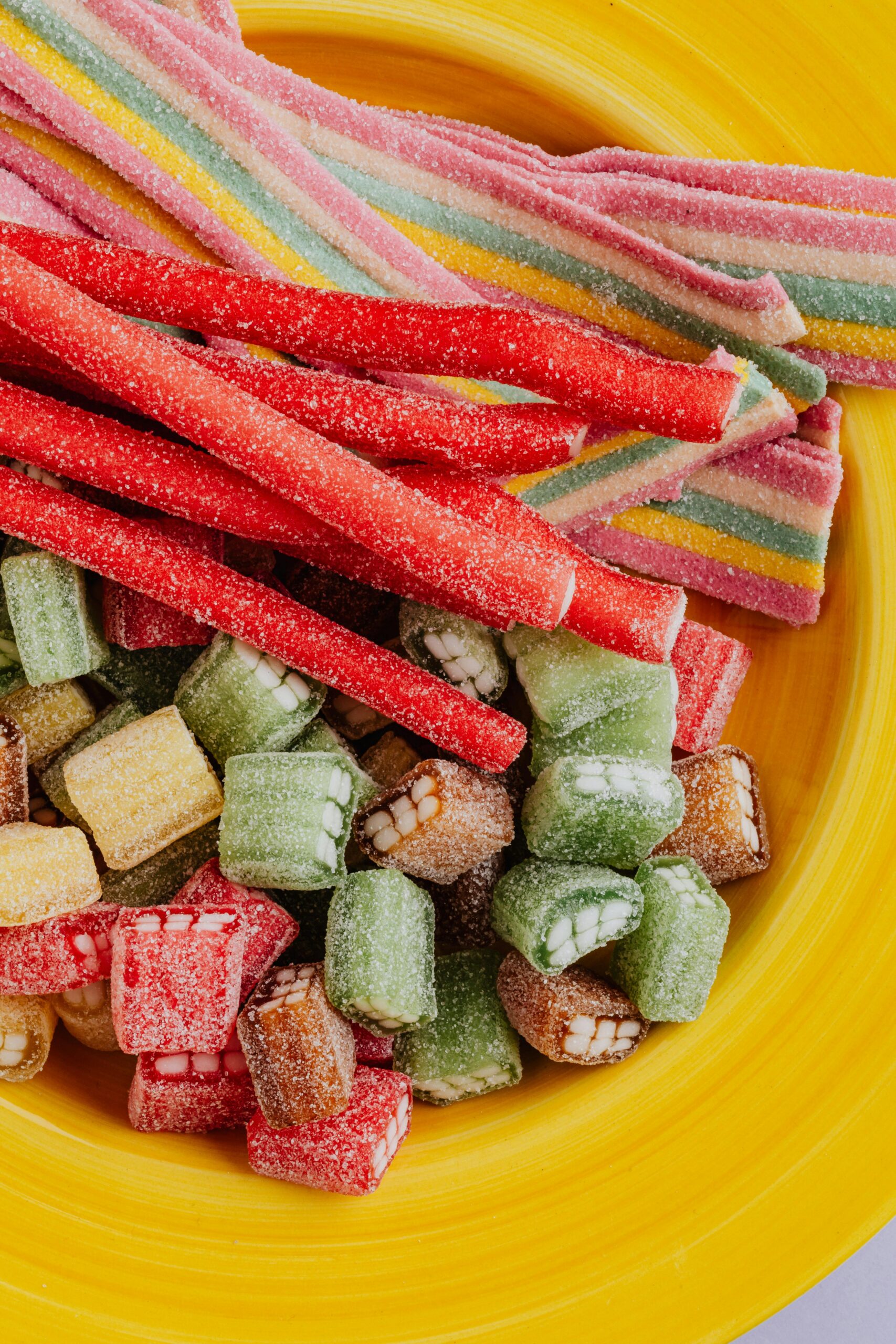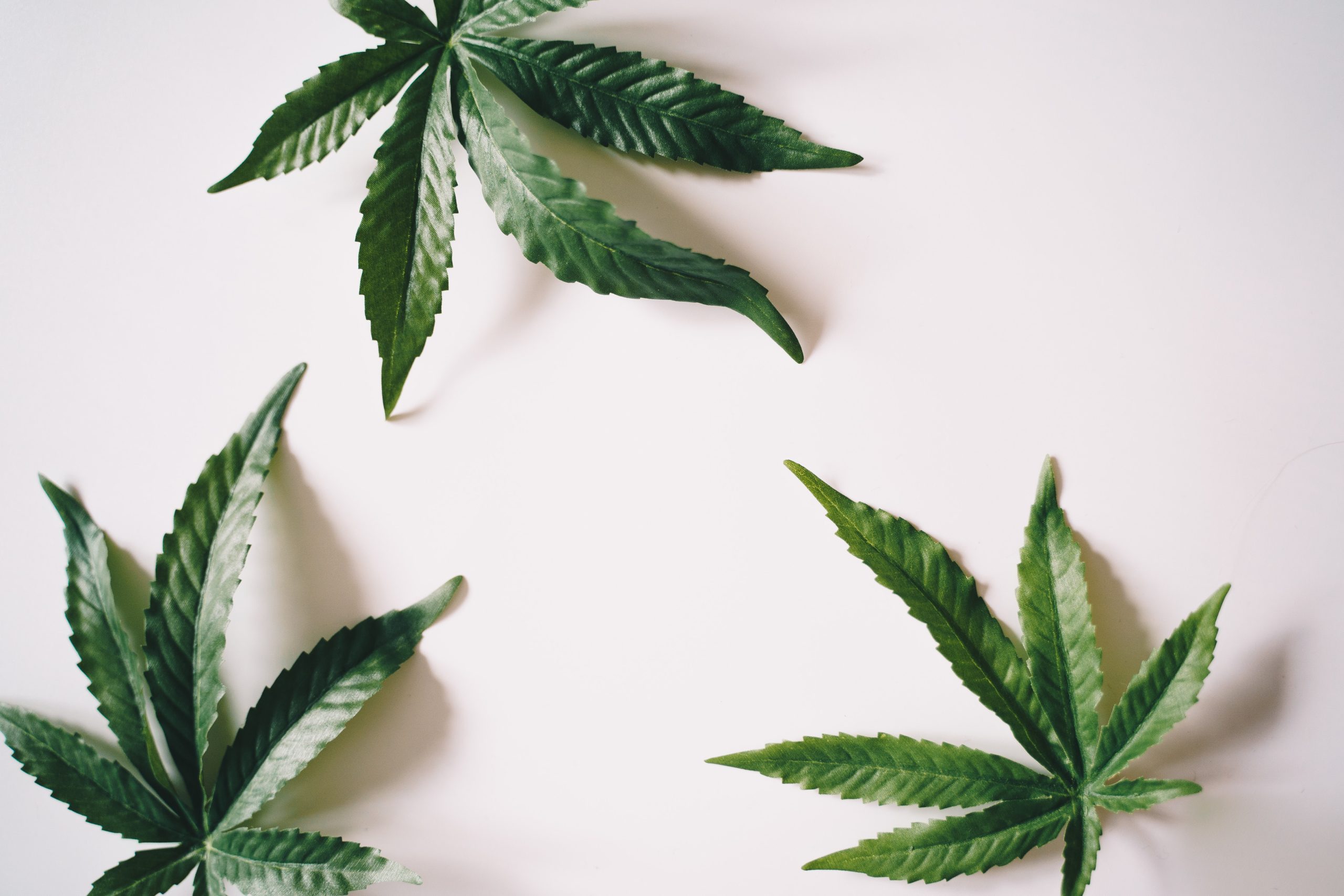Your cart is currently empty!
June 15th, 2022

As the cannabis market continues to evolve, there is a wider selection of cannabis extraction methods used to produce edibles than ever before. But, there are two methods in particular that are becoming staples of the industry and are extremely different from one another: distillate and rosin.
Producing any type of cannabis edible requires an extraction process that lifts the desirable compounds out of the plant material to produce a concentrated extract that blends well with other ingredients – in other words, no one wants to be picking bits of flower out of their teeth each time they indulge in a gummy. The extraction process also requires that heat is applied to the plant material in some way to activate the desirable properties out of the cannabinoids. For example, delta 9 THC must be heated to somewhere around 230 degrees in order to actually become psychoactive.
A relatively new type of extraction technique employed in edibles-making is rosin, but the actual method itself has been around for a long time. More and more people are preferring it because it’s a solventless method, which also delivers a full spectrum extract. Rosin involves pressing the raw plant material while applying heat to it, which creates a sticky, highly potent concentrate based on completely natural methods. Nothing is actually added to the raw plant material to yield the desired results.
Before it took over the edibles market, rosin was a common means for producing dabs – also known as concentrates that are flash-vaporized for “dabbing,” promising extremely high potency levels. But, rosin serves a unique function in the production of edibles too, as manufacturers are finding out. It’s a uniquely “clean” way to extract the compounds out of the plant, and typically leads to higher-quality product because to produce rosin successfully, you need an extremely high-quality batch of raw plant material, or else the process won’t work. This means that if you have rosin on your hands, you know that the compounds inside are extremely bioavailable and potent. Of course, because of this, rosin is actually more expensive by dry weight than the other most common type of extract, distillate.
Distillate is the other common type of extract you’ll find in today’s edibles. While rosin is a full spectrum extract, distillate is a method that exists specifically to purify specific cannabinoids, by removing all other compounds. The result is usually a higher concentration of the cannabinoid in question, but without the other cannabinoids and terpenes that offer synergistic benefits and their own valuable properties.
Distillate is produced by using a solvent in steam form to separate the desired cannabinoid from the rest of the chemical composition, with varying levels of temperature being applied to essentially burn away each undesirable compound in the material. The result is a purified liquid form of a cannabinoid that is almost completely flavorless and odorless due to its lack of terpenes. Distillate tends to be a bit more inexpensive than rosin, as you may have already noticed.
The main difference between rosin and distillate-based terpenes is the chemical compounds they provide you with when you consume your edibles. Rosin offers the full array of cannabinoids, terpenes, flavonoids, and phytonutrients in the plant, offering the entourage effect, while distillate gets straight to the point more or less, with just the cannabinoid that you’re looking for.
Of course, this will affect the flavor of your edibles, too. Terpenes give the plant its pungent smell and taste, and so rosin-based edibles will have a terpene-like flavor to them while distillate-based edibles will not.
Rosin-based edibles also lack any residual solvents, since no solvents are needed to produce this type of extract. In terms of which one is more potent effects-wise, that’s hard to say. Milligram for milligram, they can yield the same potency level of the cannabinoids you’re seeking out, but there are differing opinions about the bioavailability of each one.
Ultimately, both rosin-based and distillate-based edibles can give you the cannabinoid experience you’re looking for. So, it comes down to personal preference, since each type of extract has an impact on flavor, diversity of effects, presence of solvents and even price. Consider what you want out of an edible, and also make your choice wisely.




How would you like to shop?